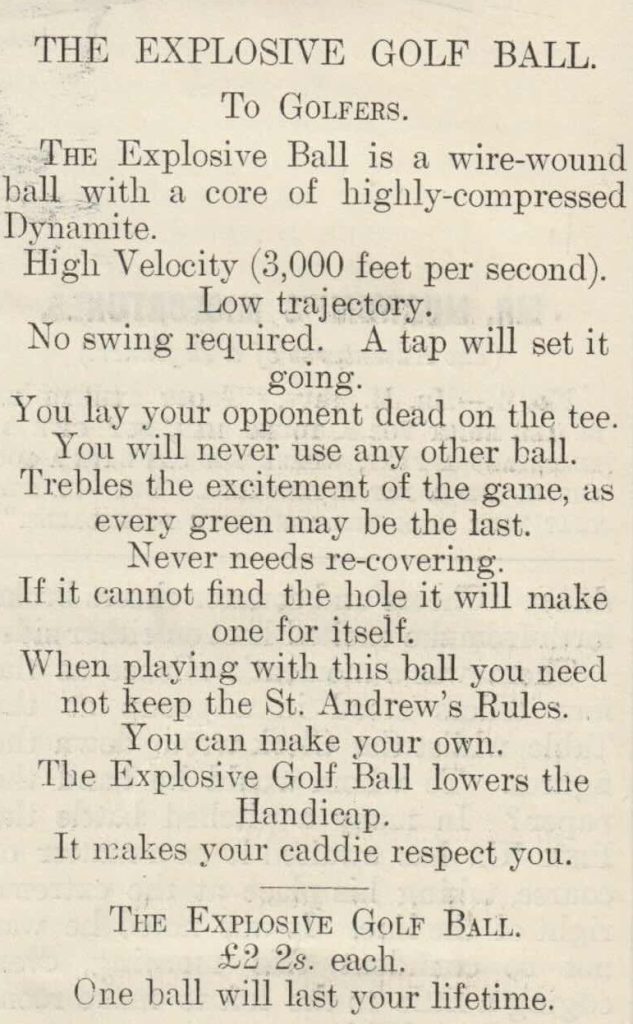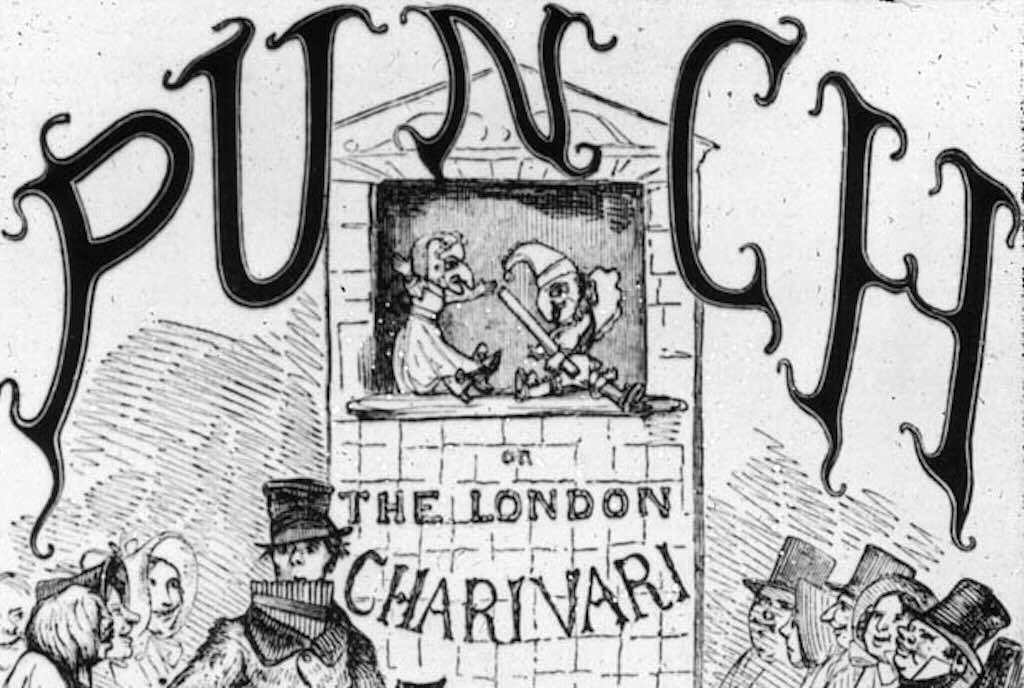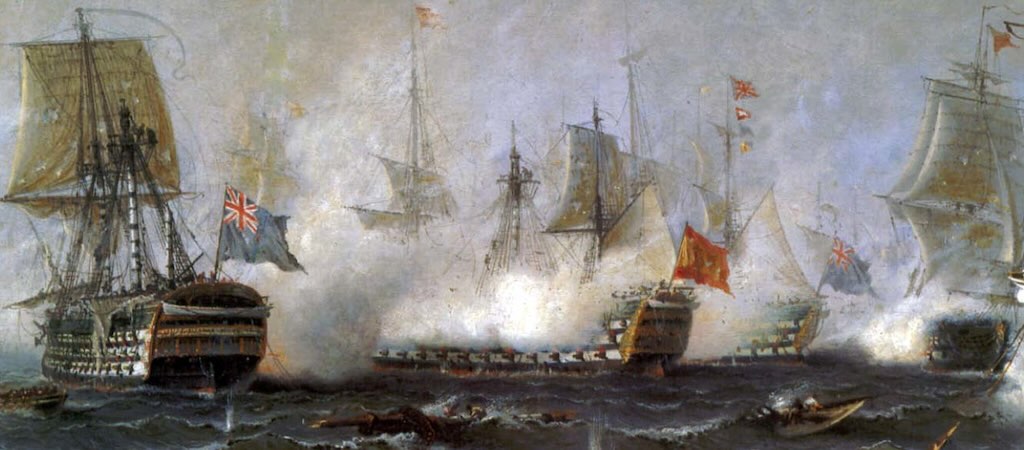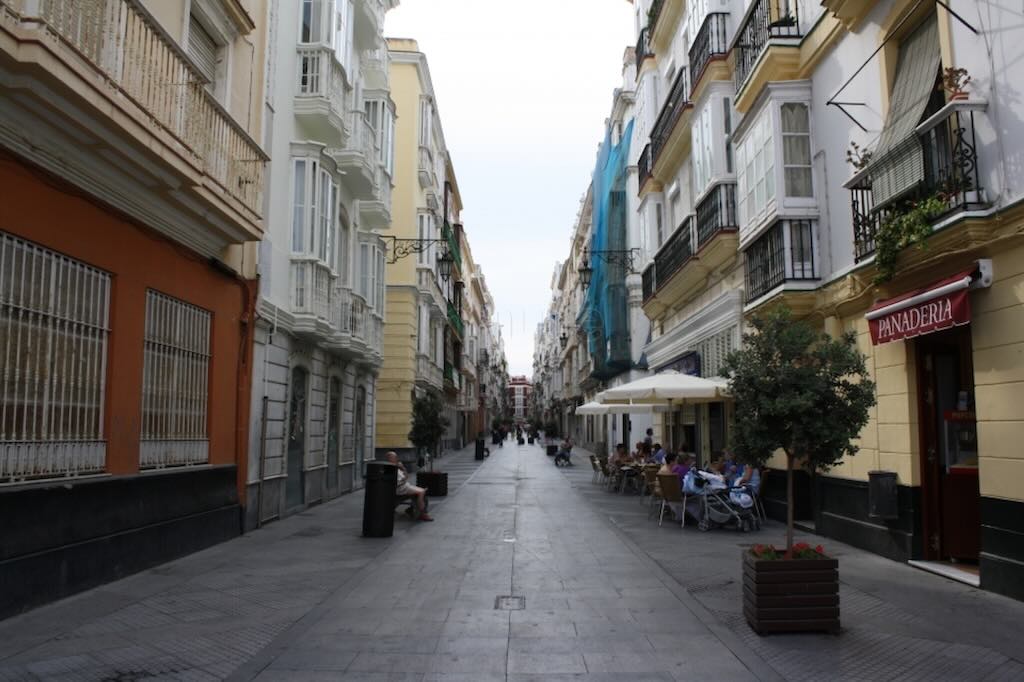I am a man of a liberal persuasion, a man of leisure and taste, and whilst perusing a less than recent copy of Punch Magazine, often called The London Charivari, I discovers some pearls of wisdom.
The year of this Punch was 1905 and the subtitle The London Charivari comes from Charles Philipon‘s French satirical humour magazine Le Charivari. Which refers to the folk practice of holding a charivari, a loud, riotous parade, to shame or punish wrongdoers.
With innate modesty I have again collected some comic gems together, lovingly formatted them, and now make them available for those few select individuals that have a passion for a good chuckle. One evolution I enjoyed was the inclusion of shorter more, dare I say, ‘punchy’ satirical comments, and the (too) slow removal of rhyming commentaries, which, in the past, I avoided like the plague.
What did 1905 reserve for its unsuspecting victims?
It is the second year of the Russo-Japanese War, and more than 100,000 will die in battle. The Treaty of Portsmouth formally ends the war on 5 September 1905. The chaos of the war also leads to the 1905 Russian Revolution against Nicholas II of Russia, and there is a Revolution in the Kingdom of Poland.
The dissolution of the union between Norway and Sweden, gives Norway full independence.
The Simplon Tunnel through the Alps is opened to railway traffic.
Albert Einstein, at this time resident in Bern, publishes his four Annus Mirabilis papers in Annalen der Physik, laying the foundations for 20th century theoretical physics.
Jules Verne dies.
Extracts made at my will and pleasure
At a recent dinner of the Society of Motor Manufactures, the opinion was expressed by a speaker that pedestrians were the greatest sinners on the road. There is no doubt that they have a way of colliding with the cars, and not infrequently clogging the delicate machinery with pieces of themselves.
Book Review – The style is neither bad nor disturbingly good; there is no descriptive padding; no tedious delay over subtleties of analysis. Nothing in fact to divert attention from a narrative replete with every form of moving adventure. Finally, all the awkward people are disposed of at appropriate junctions by different forms of death, pleasantly varied. Leaving just the right ones that were wanted for a happy finish.
President ROOSEVELT’s repeated exhortations to his countrymen to have big families is having a curious effect. An epidemic of bigamy has broken out, and the President may have to issue an explanatory notice.
Three-halfpenny dinners have be hailed as a great novelty. As a matter of fact they are no innovation, but have always been obtainable at certain restaurants, although a considerably higher price was charged for them.
A shop in the Strand has been exhibiting some engravings of celebrated judges, already framed, together with the sinister legend “All these are ready for hanging”.
“Pigmies in Parlament”. Many Members, amusingly, thought that this was a novelty.
The members of the Yorkshire Automobile club took sixty patients from the local infirmary for a drive. It is pleasant way to remember that the relations between motorists and hospitals has always been close.
The usefulness of motor cars was pointed out to medical men in enabling them to rapidly reach their patients. The more daring the driver, in fact, the more quickly he comes across a patient.
At Lemberg in Austria, a taxidermist discovered, in the stomach of a pet monkey which he was stuffing, a diamond brooch. For the alleged theft of which the owner’s valet had been sent to prison.
In an explosion that wreaked a house in the suburbs last week, the only thing which escaped was the gas.
A statement that West Ham is infested with mosquitos, and that many persons have been badly stung by insects, is untrue. We are informed that they have been very well stung.
Had to include this one, being a Spurs supporter.
It is denied that our War Office has decided to discontinue the manufacture of the new short rifle. It is a great thing to have a weapon which, if it should fall into the enemy’s hands, will be of no use to him.
The invention is announced of a machine which folds, wraps, addresses and sorts magazines. That human beings should still have to be employed to read them seems regrettable.
With reference to the outcry against a certain firm of contractors for having supplied bad rations during the Boer War, we think that it should not be forgotten, in justice to the firm in question, which is accused of a lack of patriotism, that there was often a big chance of the supplies falling into the hands of the enemy.
It is stated that China will submit a large claim for damage done to her territory at the forthcoming Peace Conference. It is unlikely, however, that her demand will be taken seriously, as it is felt that she should not have got in the way.
A dear old lady, on hearing that one of our China battleships had broken down on her way home, remarked that we must expect such mishaps if we build our vessels of that fragile material.
A married man who was supposed to be the individual hanged for the murder at Maidstone in 1898 has just returned to his wife. It appears that the criminal was another man of the same name. Much sympathy is felt locally for the unfortunate woman, who is now no longer the widow of a celebrity.
“Cooking by Electricity” is one of the features of the Show at Olympia, but the operation appeared to offer no attraction to some passengers on the Liverpool electric railway, who hurriedly left the train last week when flames appeared in their compartment.
The inventor of crinoline has died. We hope that this may serve as a warning to others who may be thinking of devising any such hideous fashion.
Apparently the struggle between the motorist and the anti-motorist in France is about to enter upon an interesting phase. Prizes are offered by Le Journal to makers of automobiles for a field gun mounted on a motor-carriage.
And you thought Social Distancing was a new idea!
Her mother had significantly left them together in the conservatory. The moment had come to make her understand how much he loved her. He had been in a similar situation once or twice before, under the ancien régime, but then it was comparatively easy. Now, under a code of etiquette founded chiefly on the latest fashion in bacteria, he felt his position embarrassing. A kiss had long been considered a criminal proceeding, on purely hygienic grounds. Impassioned speech was but the setting free of millions of microscopic prisoners desirous of a change of lung. He must not even press her little hand, well knowing what malignant hosts science had placed within its few rounded square inches – not to mention those that lurked in his own extensive palm.
Standing at a safe hygienic distance, therefore, he stretched out his arms towards her, longingly, like an amorous tenor at the Opera. He did not sing, of course. That had long since been forbidden, as putting more microbes into circulation than even impassioned speech. He did not speak, feeling that the level, more or less sterilised conversation, which alone science still permitted to be sparingly used, would be out of place on this occasion. But he gazed upon her so ardently that the few thousand bacilli temporarily resident amongst his eyelashes were seriously inconvenienced by the rising temperature.
She smiled, and shook her head very gently. Everything was done very gently now, by persons with the slightest pretence to civilisation, in order to avoid disturbing the circum-ambient legions of the enemy. But whilst he admired her discretion he doubted her meaning. Was it “No”? Or that she did not understand? Or that he was going the wrong way to work? Or that she deemed herself unworthy? He carefully sat down at his end of the conservatory and thought it out.
Then she frowned – frowned so unmistakably that he shuddered to think how many hundred thousand germs, happy tenants of the arches of her brows, would be dislodged by so alarming a dislocation of their dwelling. Аs, however, he still remained motionless, her behaviour became even more foolhardy and unscientific. With a primitive impulsiveness calculated to despatch every microbe in the conservatory upon a new predatory errand, she rushed to the antiseptic fountain that played amongst the palms, and filled a watering-can from its cool disinfectant. The last thing to be civilised, he reflected, will be woman, but he had barely time to finish the quotation. For with the rose of the watering-can she was tracing in pinkish spray upon the tiled floor the three letters Y E S.
Lobbying against the Aliens Bill
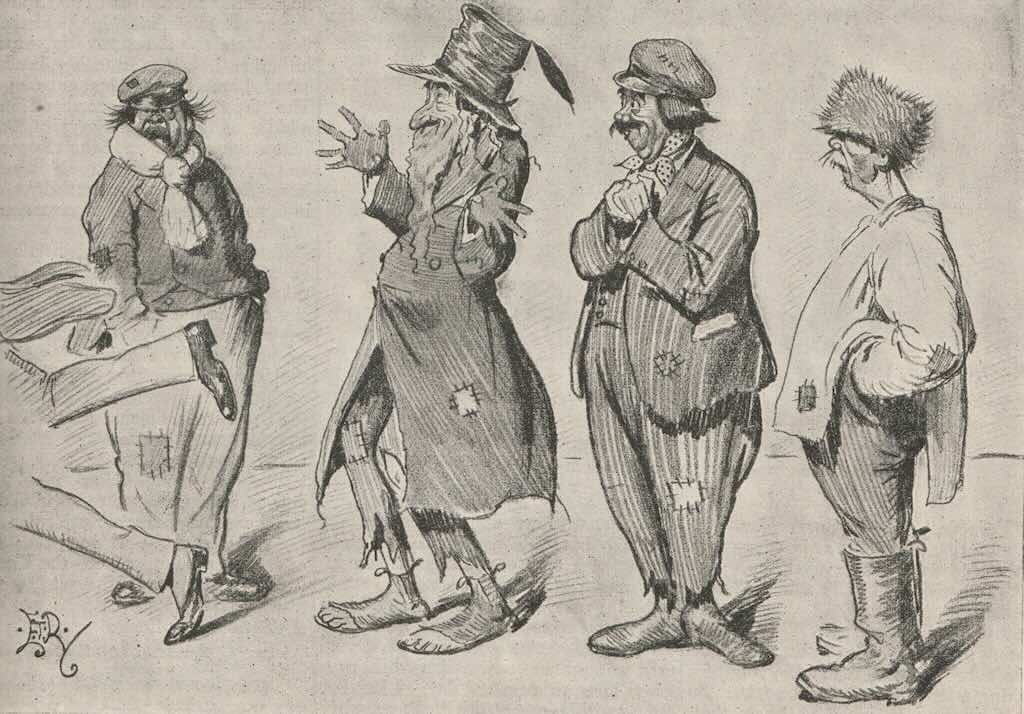
This was lobbying against the Aliens Act of 1905, and now there is a new Illegal Migration Act 2023, but with the same lobbyists.
Life Below Stairs
At a time when everyone has access to a well-conducted organ, why should servants be left out in the cold? It is this thought, dear friends, which has led me to devote days and nights and weeks to the preparation of a periodical entirely for yourselves.
Hitherto you have had to read the ordinary magazines and papers containing such uncongenial matter as stories and novelettes, but henceforward you will have reading more to your taste. Life Below Stairs will be published every week, price two-pence. Everyone can afford twopence.
It is true that most papers now are only a halfpenny or a penny; but think what large tips you get (when the mistress does not as I am told she too often does -intercept the coin), and how few your expenses are with no rent, no board and lodging, no washing, no rates and taxes. Some of you also have beer money, which seldom falls to your employers. Do not then grudge two-pence for Life Below Stairs.
I am promised the best and most generous co-operation. Mr. MONTAGU HOLBEIN will write in an early number on “Channel Swimming for Domestic Servants”; Mr. FREDERIC HARRISON will review Mr. GLADSTONE’s work on Studies subsidiary to the Art of Butler; Lady WARWICK will write on “Socialism in the Servants’ Hall”; Mr. JAMES DOUGLAS on “Mr. WARTS-DUNTON’s Message to Lady’s maids”; Mr. CHESTERTON on “Servants our true Masters”; and there will be poem in an early number by Mr. HAMILTON AIDÉ entitled “The Tip”. I am hopeful also of inducing Mr. SWINBURNE to contribute a serial novel in the form of letters.
This is what you call a real postal service
Christmas Day, as in last year, falls on the 25th of the month, but letters and parcels which are intended for delivery in foreign countries or the colonies on Christmas morning, should be posted before that date.
Stamps for foreign countries are issued at all Post Offices, and are very similar to those used for Inland postage. They are now being supplied in perforated sheets, and the prices will be found to suit all purses, varying, of course, according to the special design and colouring desired.
Parcels and letter packets for abroad should, if possible, be legibly addressed on the outside. This method, it has been found, greatly reduces the labour of the officials, and goes a long way towards securing ultimate delivery.
Plum-puddings concealed in halfpenny newspapers cannot be accepted for transmission at newspaper rates. They may, however, be packed flat, and sent by book post, if left open at each end, or in an envelope which can be easily opened for examination without breaking the seal.
Turkeys must on no account be dropped into the pillar-boxes. They should be handed over the counter to an agent of the Post Office, together with a certificate of death, and they must contain no printed or typewritten matter.
The following articles cannot in any circumstances be accepted for transmission by Parcels Post, — viz. Bombs, Live Rails, Boa Constrictors, Naked Lights, or Plays by Mr. G. Bernard Shaw.
Parcels addressed “_____P. O. till called for” are charged at the rate of 1d. per day. Fresh eggs, however, and other perishable goods, if not claimed within thirty-six days, will be sold to defray expenses.
The perfect gift for those passionate about golf
